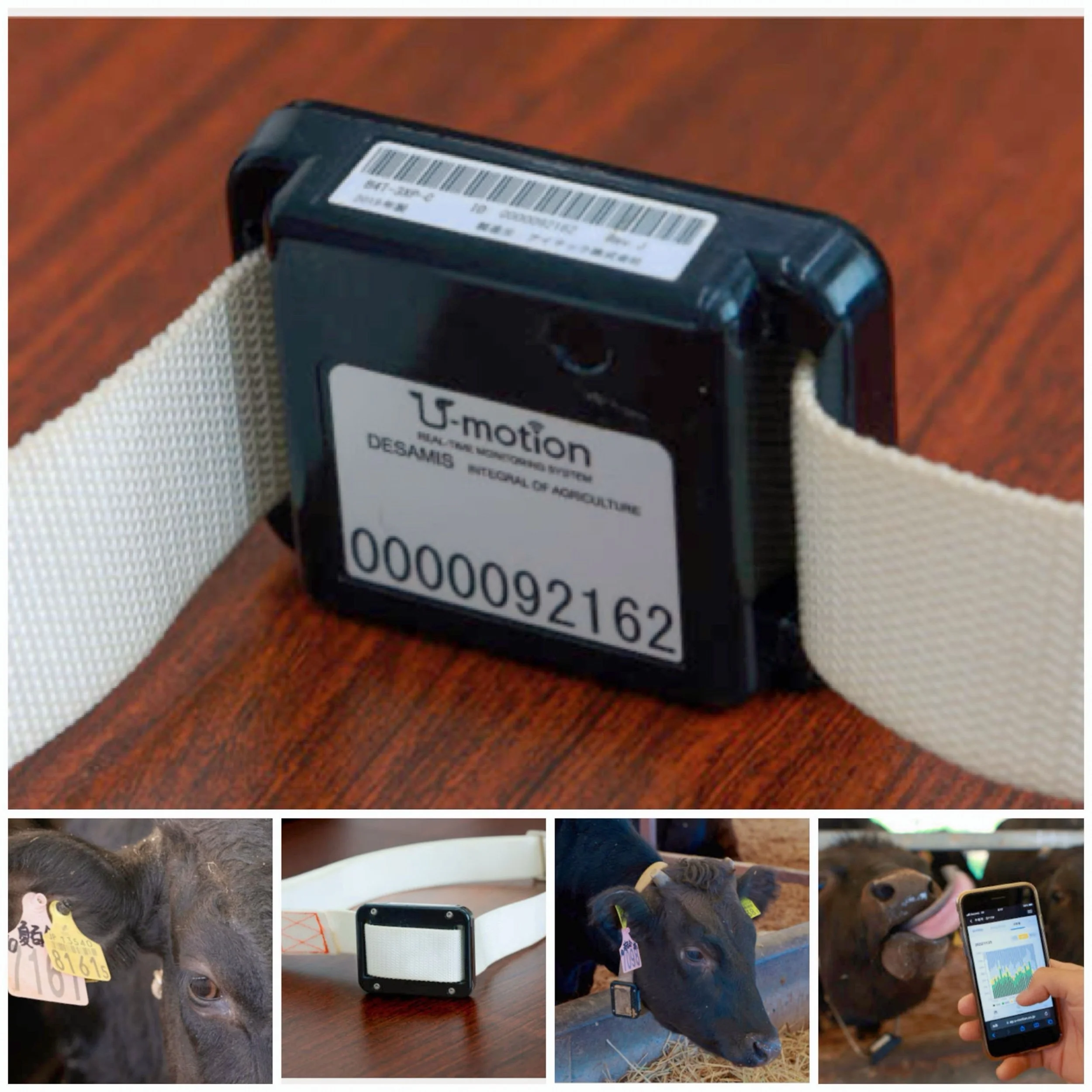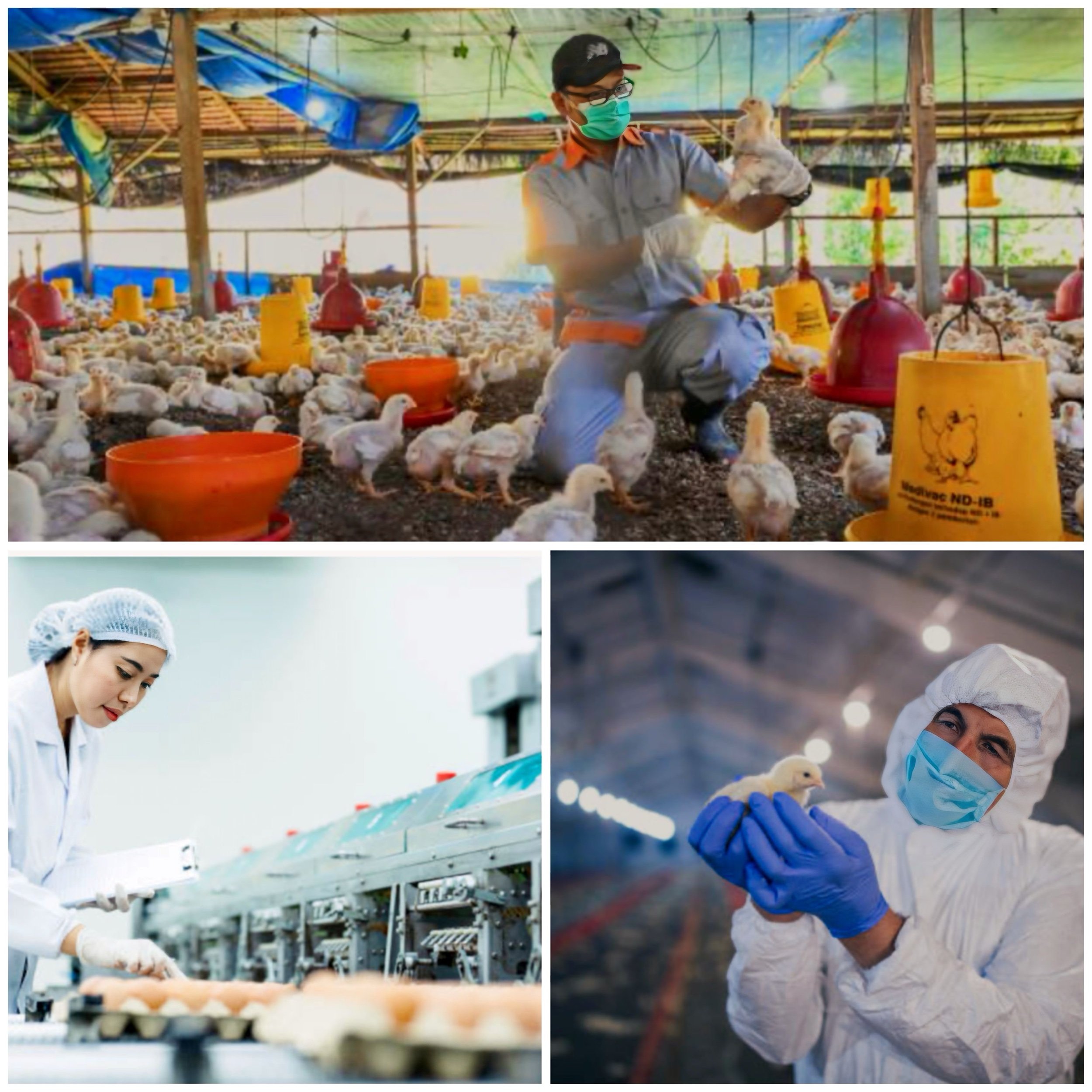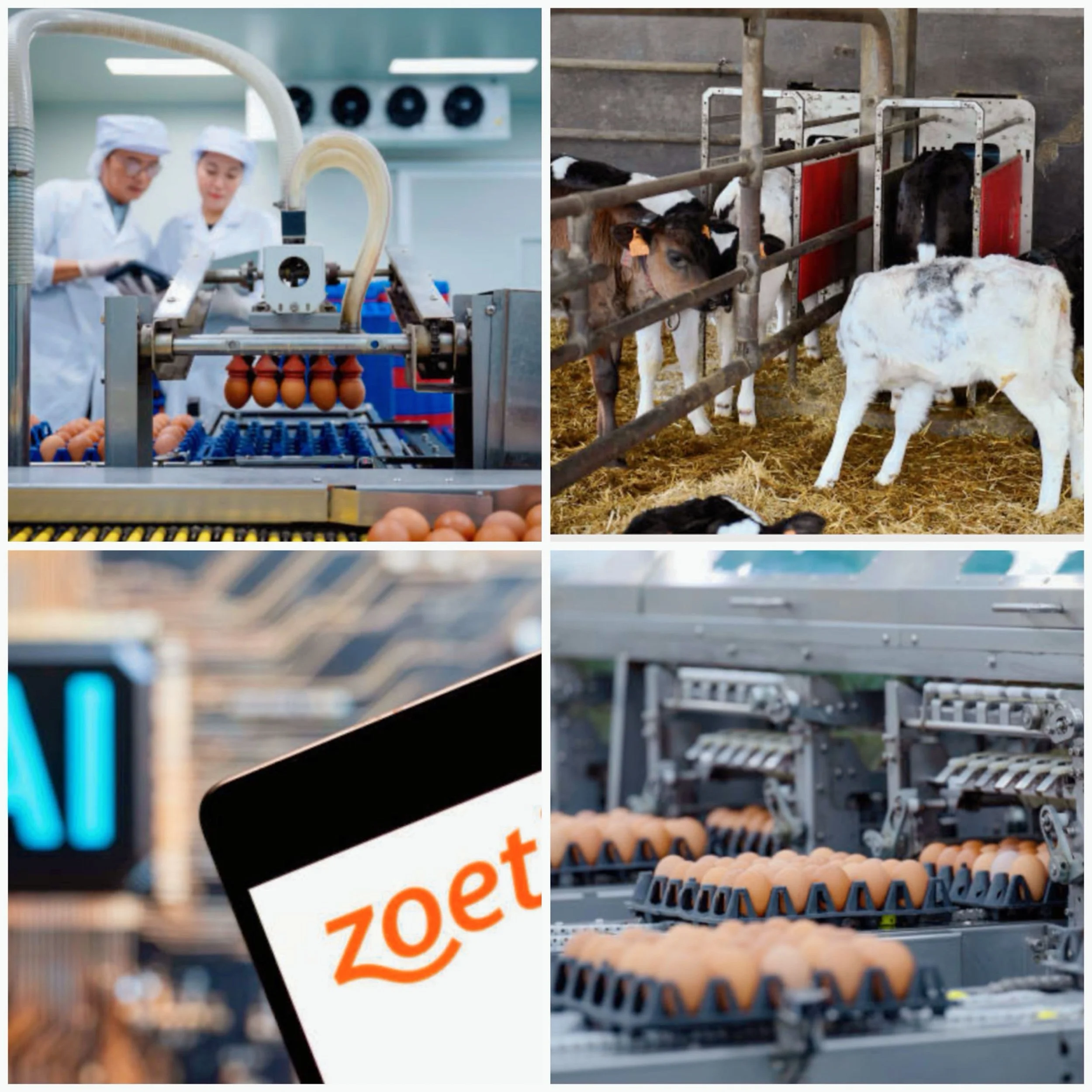How does AI integrate with blockchain for livestock traceability
Introduction
The integration of AI and blockchain technologies has revolutionized livestock traceability, offering a powerful combination that enhances transparency, efficiency, and trust throughout the supply chain. This synergy provides numerous benefits for farmers, consumers, and regulatory bodies alike.
Data Collection and Processing
AI plays a crucial role in collecting and analyzing data from various sources:
IoT Sensors and Wearables
AI-powered devices continuously gather biometric data, including temperature, heart rate, and activity levels.
These sensors can also monitor environmental conditions that impact animal health.
Data Analysis
Machine learning algorithms process the collected data to identify patterns and anomalies.
AI can predict health issues, optimize feeding schedules, and detect behavioral changes.
Blockchain Integration
The data collected and processed by AI is then securely stored and shared using blockchain technology:
Immutable Record-Keeping
Each animal is assigned a unique identifier, such as an RFID tag or QR code.
Blockchain creates an unalterable record of the animal’s lifecycle, including health records, vaccinations, and movements.
Smart Contracts
AI-triggered events can automatically execute smart contracts on the blockchain.
For example, when AI detects a health issue, it can initiate a blockchain-recorded treatment protocol.
Enhanced Traceability
The combination of AI and blockchain significantly improves livestock traceability:
Real-Time Monitoring
AI continuously analyzes data, while blockchain ensures its integrity and accessibility.
Stakeholders can access up-to-date information on animal health, location, and history.
Rapid Response
In case of disease outbreaks, the AI-blockchain system can quickly identify affected animals and their movements.
This enables faster containment and more targeted recalls, reducing food waste by up to 80%.
Trust and Transparency
The AI-blockchain integration builds trust throughout the supply chain:
Verified Claims
AI algorithms can validate ethical farming practices, while blockchain provides an immutable record.
This allows producers to substantiate claims about animal welfare and sustainable practices.
Consumer Empowerment
Consumers can access detailed information about the origin and journey of livestock products.
This transparency can lead to increased consumer confidence and willingness to pay premium prices for ethically sourced products.
Conclusion
By leveraging the strengths of both AI and blockchain, the livestock industry can achieve unprecedented levels of traceability, efficiency, and trust. This integration not only improves animal welfare and food safety but also supports sustainable farming practices and informed consumer choices.






